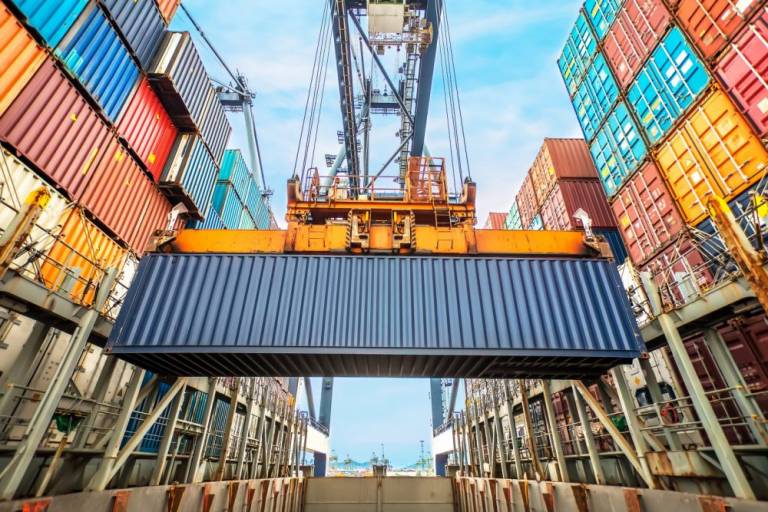Reverse logistics is a critical facet of supply chain management that deals with the process of managing returns and ensuring sustainable disposal of products and materials. In today’s business landscape, where customer satisfaction and environmental sustainability are paramount, efficient handling of returns and responsible disposal has become increasingly important. Managing returns is a complex yet essential aspect of reverse logistics. It involves the return of products from customers for various reasons, such as defects, damages, or simply changing preferences. Businesses need to develop streamlined processes to handle these returns efficiently. This includes clear return policies, proper quality control and inspection, and effective communication with customers. By managing returns effectively, companies can not only retain customer trust but also potentially recover and resell returned products, minimizing financial losses

Sustainable disposal is another critical dimension of reverse logistics. As businesses strive to reduce their environmental footprint, disposing of products and materials in an eco-friendly manner has become a top priority. This involves recycling, reusing, or safely disposing of items, minimizing the impact on the environment. Implementing sustainable disposal practices is not only a moral obligation but can also lead to cost savings and positive brand reputation. It can also help companies comply with regulations and meet corporate contract logistics companies. One of the key drivers of efficient reverse logistics is technology. Advanced software and tracking systems can help businesses monitor the entire process, from initiating a return to the final disposal or recycling of products. This technology can provide valuable insights into return patterns, allowing companies to identify root causes and implement preventative measures. Furthermore, it can help in managing inventory more effectively and optimizing the use of resources in the reverse supply chain.
Collaboration within the supply chain is also crucial in managing returns and sustainable disposal. Building strong relationships with suppliers, manufacturers, and logistics partners can streamline the reverse logistics process. Coordinated efforts can reduce transportation costs, improve resource utilization, and accelerate the return-to-vendor process. It also allows for the proper allocation of responsibilities and the pooling of resources to handle returns more efficiently. In conclusion, reverse logistics is a vital component of modern supply chain management. Managing returns and ensuring sustainable disposal not only contributes to customer satisfaction but also aligns with the growing focus on environmental sustainability. Leveraging technology and fostering collaboration in the supply chain can significantly enhance the effectiveness of reverse logistics processes. As businesses continue to evolve in response to changing consumer preferences and global environmental concerns, mastering reverse logistics is essential for long-term success.